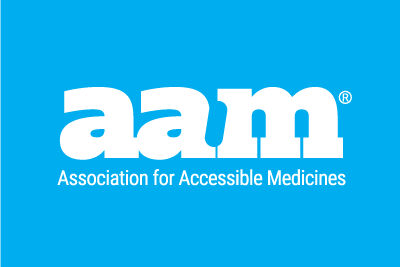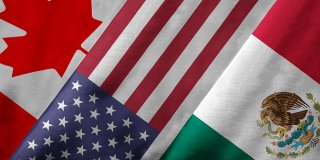The U.S. is actively negotiating with Mexico and Canada to revise the North American Free Trade Agreement (NAFTA). One of the provisions under discussion would increase brand-name drug exclusivity (monopolies). Imposing additional brand-name drug exclusivity would keep already high brand drug prices out of reach for patients for longer.
Patients continue to pay skyrocketing brand drug prices as access to more affordable generics is delayed and the emerging biosimilars market in the U.S. is undermined.
Competition is a proven solution lower drug prices. When patients are able to access more-affordable generics and biosimilars, experience shows significant cost savings at the pharmacy counter.
However, far too often, trade agreements are used as an opportunity to export the policies that keep drug prices high in the U.S. to other countries. And a new NAFTA may be the latest attempt. Concern about the inclusion of additional brand-name drug exclusivity in NAFTA is widespread.
- Over 100 organizations sent a letter in January noting, “it is vital that the NAFTA party governments reject any provisions that would expand or strengthen pharmaceutical monopolies and enforcement at the expense of access to affordable medicines.”
- In June, AARP wrote to USTR, “AARP strongly opposes efforts to add harmful provisions to the renegotiated text of NAFTA that would extend or enhance monopoly protections for already-expensive biologic drugs.”
- The Leadership Council of Aging Organizations commented, “It is absolutely wrong to grant new monopoly protections sought by pharmaceutical CEOs for biologic medicines, like insulin. We would also oppose revising NAFTA to force countries to allow ‘evergreen’ patents … or to issue new patent terms for new uses of old drugs. All such schemes are used to block the entry of generic drugs into the market and raise prices for working families.”
Rather than increasing brand-name drug exclusivity, the U.S. should instead enhance patient access to generics and biosimilars. AAM – joined by its counterparts in Mexico and Canada – provided recommendations to the U.S. Trade Representative in September 2017 and submitted comments to the Department of Health and Human Services in response to the Trump Administration’s Blueprint to Lower Drug Prices.
That view, however, has not been the one advanced by the U.S. at the negotiating table.
Addressing the high cost of prescription drugs continues to be a top health care priority for the public. A revised NAFTA must not extend monopoly protections for brand-name drugs, keeping prices for patients higher for longer, and delaying competition from more affordable generics and biosimilars.
Leave pharmaceuticals out of new NAFTA. Don’t let this new trade deal raise drug prices.

